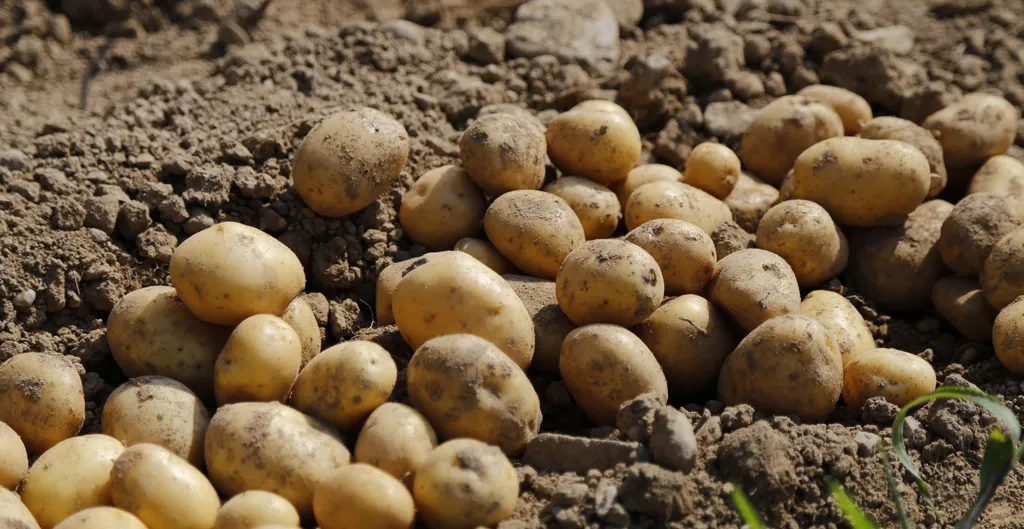In the realm of agricultural innovation, a recent study published in ‘Овощи России’ has shed light on the promising potato variety “Askol’d,” offering a glimpse into the future of pest-resistant crops. The research, led by N. V. Matsishina of the FSBSI “FSC of Agricultural Biotechnology of the Far East named after A.K. Chaika,” delves into the immunological evaluation of this variety, providing valuable insights for breeders and farmers alike.
The study underscores the significance of plant breeding for resistance to pests, a method that can drastically reduce yield losses caused by various insects. As Matsishina explains, “Passportization of potato varieties is a crucial tool for improving the system of registration and certification, intellectual property management, and the control over the genetic homogeneity of plant varieties.” This process involves compiling an immunological passport for each variety, detailing its molecular-genetic and immunological profile.
The research employed a range of methods to study the content of glycoalkaloids in fresh leaf tissue, the content of stress hormones in insects, and the activity of proteases and proteinase inhibitors. The molecular-genetic research was conducted using methods developed by Sainakova et al. (2018) and Strygina et al. (2019).
The results were promising. The potato variety Askol’d was found to have strong immunity, with markers of genes responsible for resistance to the golden cyst nematode, potato wart disease (pathotype 1), and Phytophthora blight. This high level of resistance makes Askol’d a valuable specimen for both breeding and agricultural production.
The commercial implications of this research are substantial. Growing resistant varieties like Askol’d can allow farmers to reduce their reliance on pesticides, minimizing the threat of product contamination with chemical residues. This not only benefits consumers but also plays a significant role in preserving natural ecosystems.
Looking ahead, this research could shape future developments in the field by highlighting the importance of immunological evaluation in plant breeding. As Matsishina notes, “The genotype with variants of gene StAN1 lacking the main functional variant r1 can be viewed as a marker for the passportization of potato variety Askol’d if all the other are present.” This finding could pave the way for more targeted and effective breeding strategies.
In conclusion, the study on the potato variety Askol’d offers a compelling example of how scientific research can drive innovation in agriculture. By focusing on resistance to pests and pathogens, breeders and farmers can work together to create a more sustainable and productive future for the sector.

